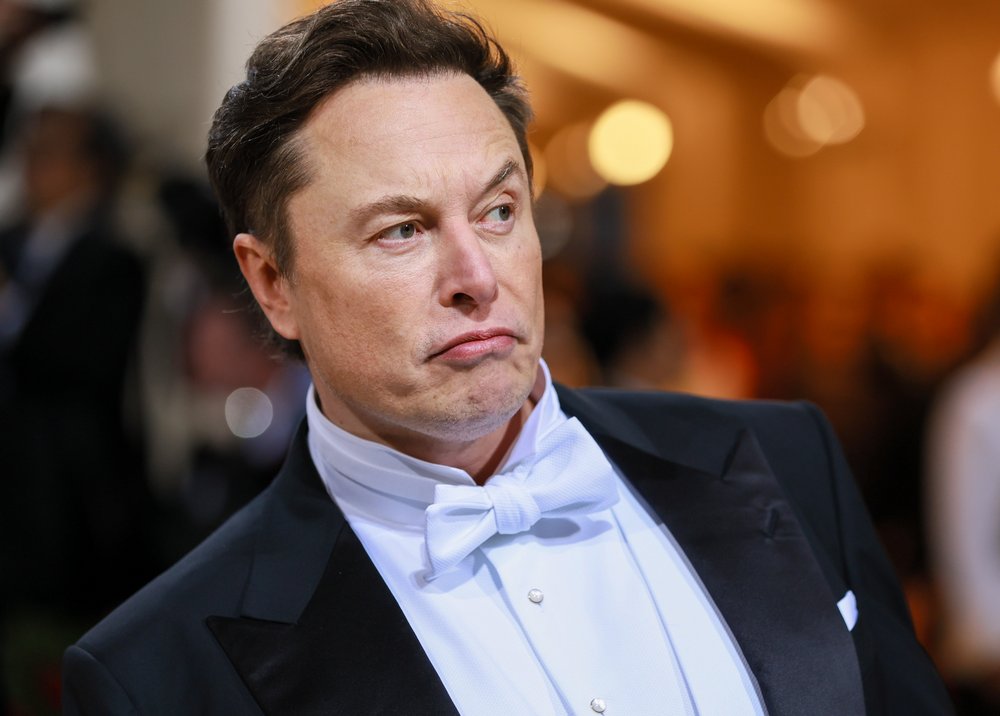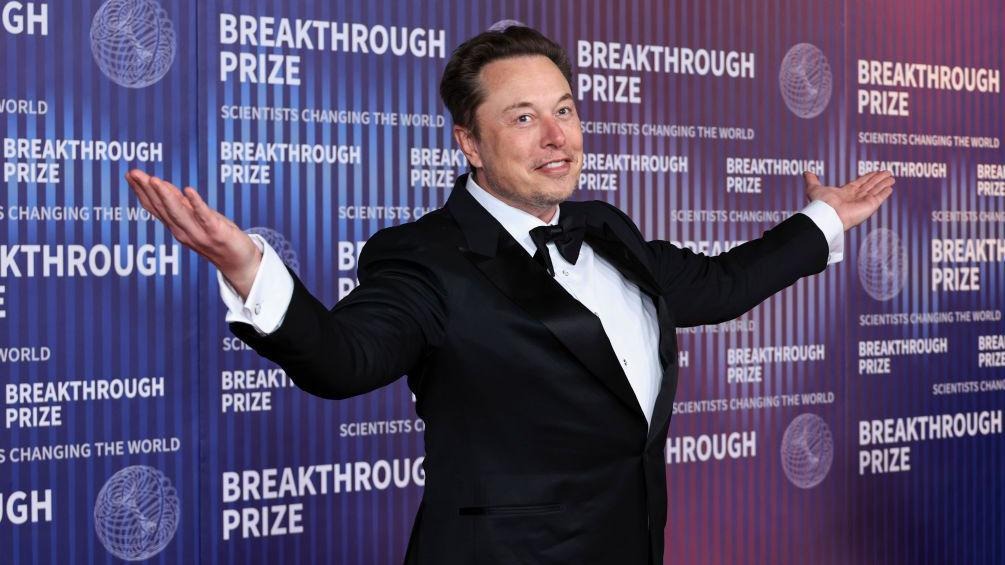Elon Musk’s recent statement about barring “biological males” from participating in women’s sports has ignited a firestorm of debate across social media and beyond. The Tesla and SpaceX CEO took to Twitter to voice his concerns, asserting that allowing biological males to compete in women’s sports undermines fairness and the integrity of competition. Musk’s remarks have drawn widespread attention, with opinions sharply divided. While some see his statement as a necessary defense of fairness in sports, others view it as a controversial stance that fuels discrimination.
This issue comes at a time when the participation of transgender athletes in women’s sports is a hotly debated topic. Advocates for transgender inclusion argue that athletes should be allowed to compete in alignment with their gender identity, emphasizing equality and the importance of creating spaces where everyone can thrive. However, critics, including Musk, counter that biological differences in areas like strength, speed, and endurance create an uneven playing field, particularly in physically demanding sports. This ongoing debate highlights the challenges of balancing inclusivity with fairness.

Supporters of Musk’s position argue that protecting the integrity of women’s sports is critical. They contend that allowing biological males to compete in women’s categories diminishes opportunities for cisgender female athletes and could undermine decades of progress in gender equity in sports. Musk’s statement resonates with those who believe fairness should take precedence over inclusion, especially in elite-level competitions where even slight physical advantages can make a significant difference.
On the other side, advocates for transgender athletes maintain that inclusion in sports is a fundamental human right. They argue that policies excluding transgender athletes based on biological factors perpetuate stigma and discrimination. For them, the issue is about more than just sports; it’s about societal acceptance, equality, and respect for individual identities. Musk’s comments have drawn criticism from LGBTQ+ advocacy groups, who view his stance as dismissive of the struggles transgender athletes face.
The controversy also raises broader questions about how to navigate complex issues of identity, fairness, and competition in sports. Governing bodies like the International Olympic Committee (IOC) and NCAA have implemented policies addressing hormone levels and other criteria for transgender participation, but these rules remain contentious and far from universally accepted. The lack of consensus reflects the complexity of the issue, where science, ethics, and social values intersect.
Musk’s remarks have added fuel to an already intense debate, highlighting the polarizing nature of the topic. For some, his comments are a wake-up call to address what they see as an erosion of fairness in women’s sports. For others, his stance represents a rejection of inclusivity and progress in society’s understanding of gender. This divide underscores the difficulty of finding common ground in a debate where deeply held beliefs collide.
As this discussion evolves, sports organizations, policymakers, and society at large face the challenge of crafting solutions that respect the rights of transgender athletes while preserving fairness in competition. Achieving this balance will require thoughtful dialogue, compromise, and empathy from all sides. Elon Musk’s high-profile involvement ensures the conversation will remain in the spotlight, pushing society to confront these difficult but important questions about identity, rights, and fairness in the modern world.
